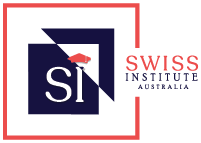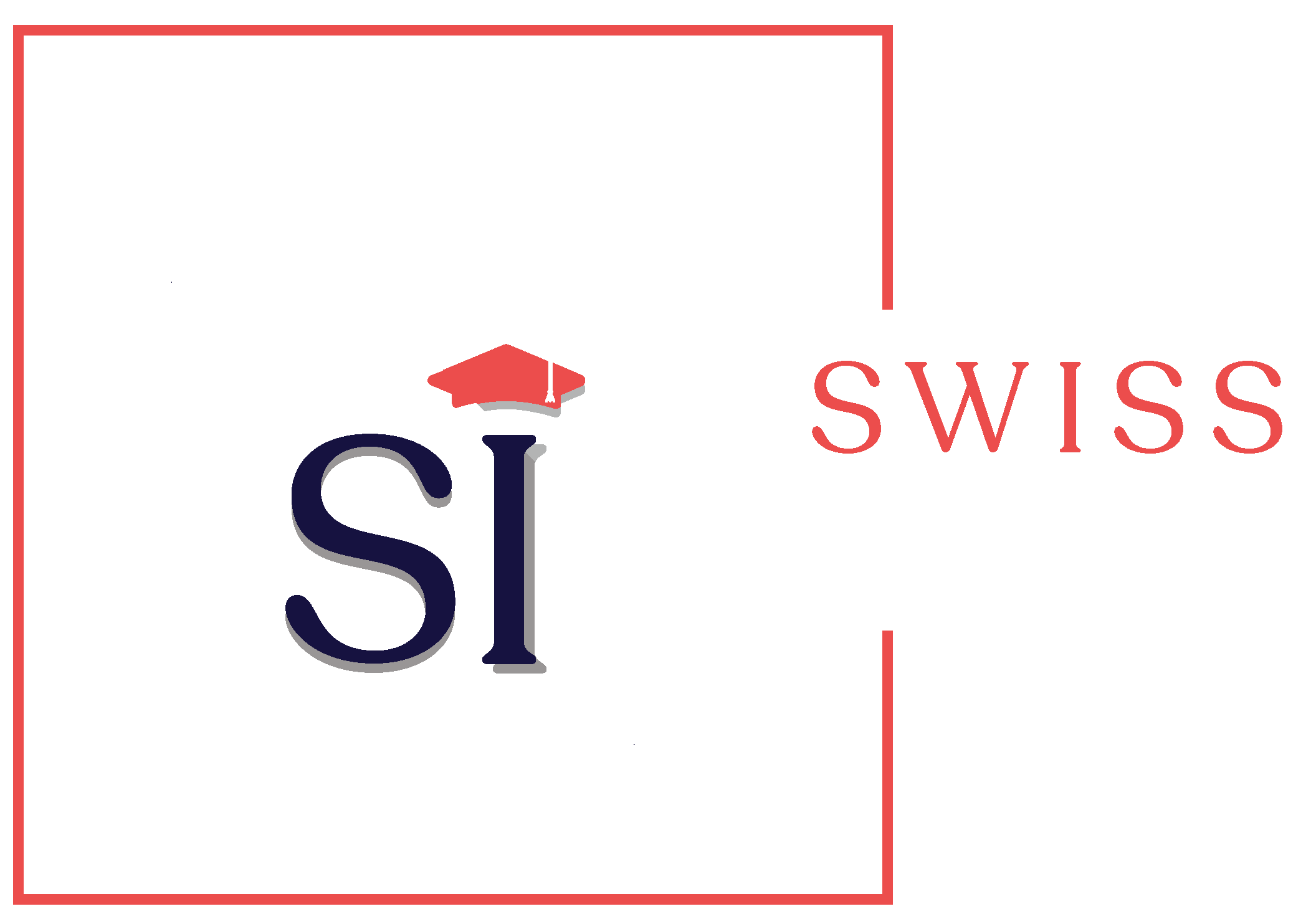Top Ten Workplace Safety Advice That Every Employee Should Know
For any Australian company, maintaining workplace safety is a must. Workplace health and safety are crucial, regardless of the firm’s size. Employers are required by law and morality to protect their workers.
But everyone must take responsibility for workplace...
What To Consider While Looking for Your Education Provider
Are you looking for an institute to get recognition, learn new skills and start your career in Australia? Are you struggling to determine who to trust? With different types of schools and educational providers, it is difficult to find the right one for you if you don’t...
8 Functions of Project Management
Project management is one of the most sophisticated soft skills that you can apply in almost any job. The majority of projects are complicated and hard, requiring a careful balancing act between satisfying user needs, adhering to the budget, making the most use of the...
Understanding the Distinctions Between a Chef and a Kitchen Manager
What exactly is the distinction between a Chef and a Kitchen Manager? A chef is more concerned with food, with the most responsibility being the design and implementation of the menu. A kitchen manager typically has no control over the menu and is instead in charge of...
5 Interpersonal Skills That Will Help You Grow
Interpersonal skills are needed to advance in any career. These skills improve your relationship with others and assist you to do a better job.
Are you wondering what are the most important interpersonal skills for professional success? Here are 5 interpersonal skills...
Why Should I Learn Project Management?
One of today’s most fascinating and diverse fields is project management. Project managers are required everywhere: No matter the industry, qualified professionals are always needed to plan and provide the work.
If you have the potential and thirst to surpass...
Is the Real Estate Diploma for you?
Thinking of starting a career in the real estate industry? Being a real estate agent in Australia could be the ideal career for you. If you get along with people and are looking for a prosperous and flexible job that gives you the pleasure of doing business, this industry is...
The Benefits of Learning Property Management in the Real Estate Industry
Real estate that is normally held by a third party is managed by property managers. They are in responsible of a variety of responsibilities, including tax preparation, tenant management, rent collection, and maintenance. These tasks and endeavors call for in-depth knowledge...
Why should Students do Community Service?
The community service experience can certainly be an eye-opening adventure for many college students, who are often pulled in various directions when deciding what volunteer activity they should take part in. Sometimes students can feel like they’re too busy; other...
Why should you have a Good Study Plan for your Academic Excellence?
Why should you have a good study plan for your academic excellence? The student’s life is always busy as they have to balance themselves between their studies and work. In the same way, the parents also need to plan their day and make sure everything is done properly...













